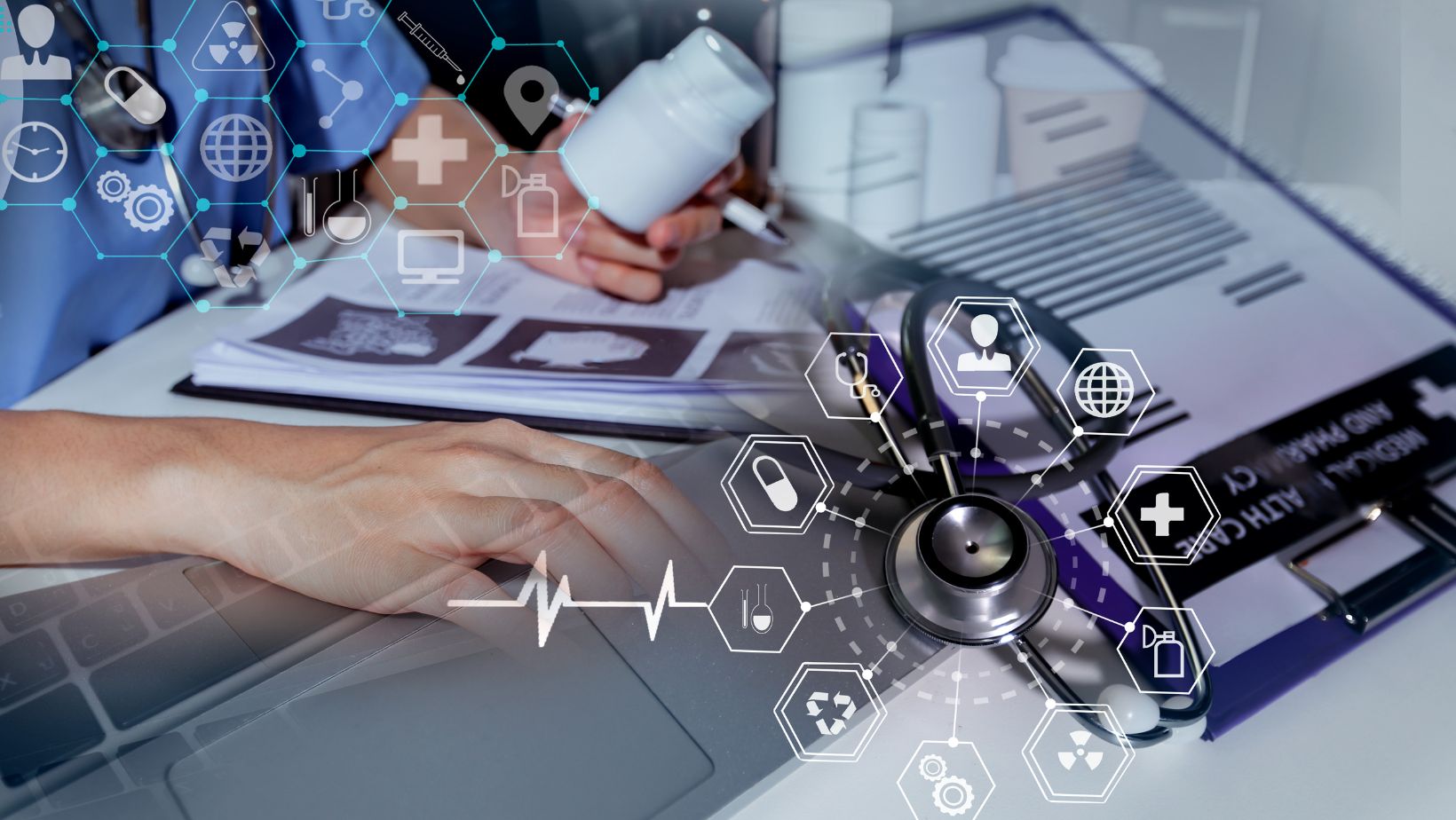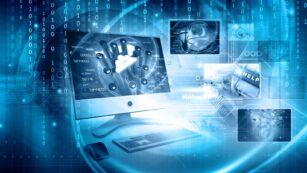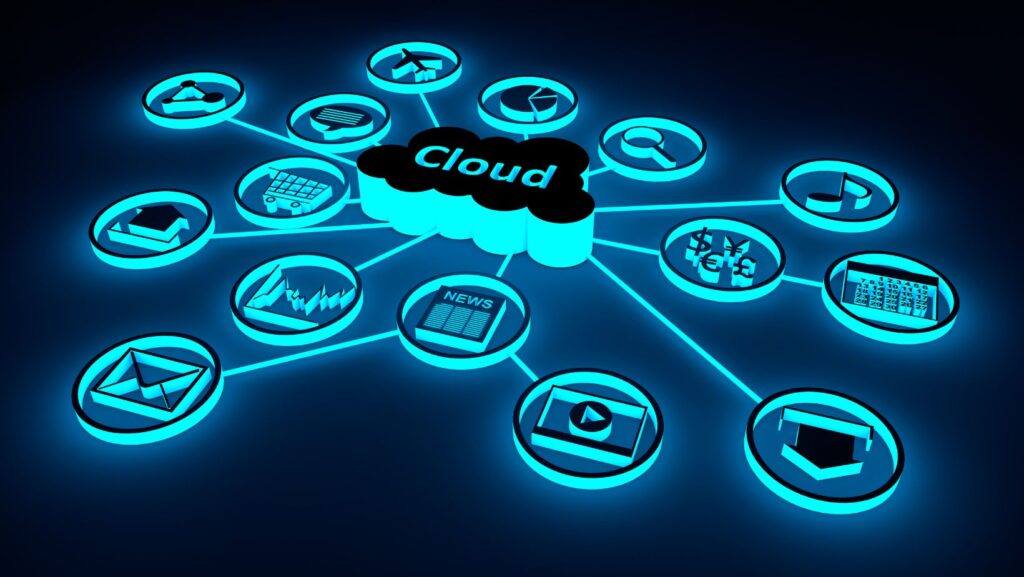
As the healthcare industry evolves, technology continues to play a pivotal role in shaping its future. From telemedicine to AI-driven diagnostics, the rapid integration of technological advancements is not only transforming patient care but also streamlining operations for healthcare providers. This surge in healthcare technology promises enhanced efficiency and improved outcomes, making it a critical time to stay informed about the latest trends.
Emerging technologies such as wearable health monitors and blockchain for secure patient data are revolutionizing the way healthcare is delivered. They’re making it more accessible, personalized, and secure. As these innovations gain momentum, understanding their impact and potential challenges becomes essential for anyone involved in healthcare.
This article delves into the current healthcare technology trends that are setting the stage for a new era in medical care. It explores how these innovations are solving traditional healthcare challenges and what this means for the future of the industry.
Healthcare Technology Trends
AI and Machine College of Medicine

Artificial intelligence (AI) and machine learning (ML) hold significant potential for transforming healthcare. They streamline operations and increase the precision of diagnostics and treatments. Hospitals employ AI to improve decision-making processes and operational efficiency, analyzing large sets of data to predict patient outcomes and suggest treatment paths. For example, AI algorithms assist in early cancer detection by recognizing subtle patterns in imaging that humans might overlook.
Telehealth and Telemedicine
Telehealth and telemedicine continue to shape patient engagement and healthcare accessibility significantly. Amidst the global health crises, these technologies have become crucial in providing continuous care while minimizing the risk of infection. Telehealth platforms enable remote consultations, patient monitoring, and health services, ensuring that patients receive timely care irrespective of their location. This trend not only makes healthcare more accessible but also helps in reducing congestion in healthcare facilities.
Ordering medication online has become a standard for many as they look for convenient ways to stay consistent with their treatment plans. Patients are often visiting kiwidrug.com to get their prescription needs met, integrating digital pharmacy options into their regular healthcare routines while still maintaining communication with their providers. This shift supports individuals who may have limited access to local pharmacies or face mobility challenges. It also encourages a more streamlined approach to managing recurring medications.
Impacts of Healthcare Technology on Patient Care
Enhancing Diagnostic Accuracy

Healthcare technology significantly enhances diagnostic accuracy, reducing errors and improving outcomes. Technologies such as artificial intelligence and advanced imaging tools analyze vast amounts of medical data quickly and with precision. For instance, AI-driven systems in radiology interpret X-rays and MRIs faster than traditional methods, identifying abnormalities that might be missed by the human eye. These advancements contribute to earlier and more accurate diagnoses, leading to timely interventions.
Improving Treatment Personalization
Healthcare technology plays a pivotal role in the personalization of treatment plans. Leveraging data from electronic health records (EHRs) and genetic testing, healthcare providers can tailor treatment strategies to individual patient profiles. Tools like pharmacogenomics, which evaluates how genes affect a person’s response to drugs, ensure that patients receive medications that are most effective for their unique genetic makeup. This approach not only improves patient outcomes but also minimizes the risk of side effects and adverse drug interactions.
Integrating Big Data and IoT in Healthcare

The integration of Big Data and IoT marks a significant healthcare technology trend, revolutionizing how medical data is collected, analyzed, and deployed for better patient outcomes. Hospitals harness IoT devices for real-time health monitoring and management, providing doctors with instant data that enhances patient care. Big Data analytics then process these vast amounts of information, enabling the identification of trends, predicting health issues before they become critical, and personalizing treatment options. This synergy not only improves healthcare delivery but also optimizes operational efficiency, reducing costs and improving patient satisfaction.
Challenges and Considerations
The evolution of healthcare technology presents a promising horizon yet brings about its own set of challenges and considerations. As the sector leans into the digital age, ensuring data security and privacy becomes paramount. It’s crucial for stakeholders to navigate these waters with a commitment to ethical standards and regulatory compliance. Moreover adapting to rapidly changing technologies requires continuous training and investment in human resources. Such advancements though beneficial must be implemented judiciously to truly enhance healthcare delivery without overwhelming the very providers they aim to assist. Embracing these technologies while addressing these critical concerns will be key to unlocking the full potential of healthcare innovations.


